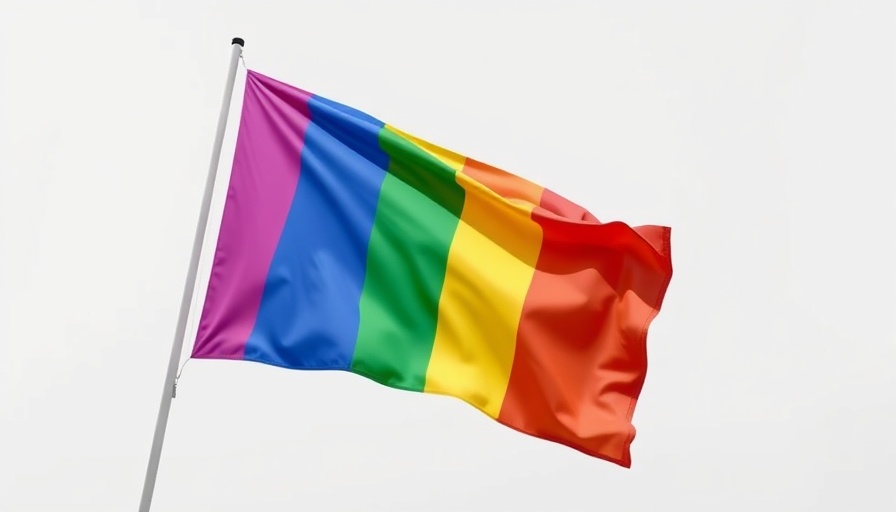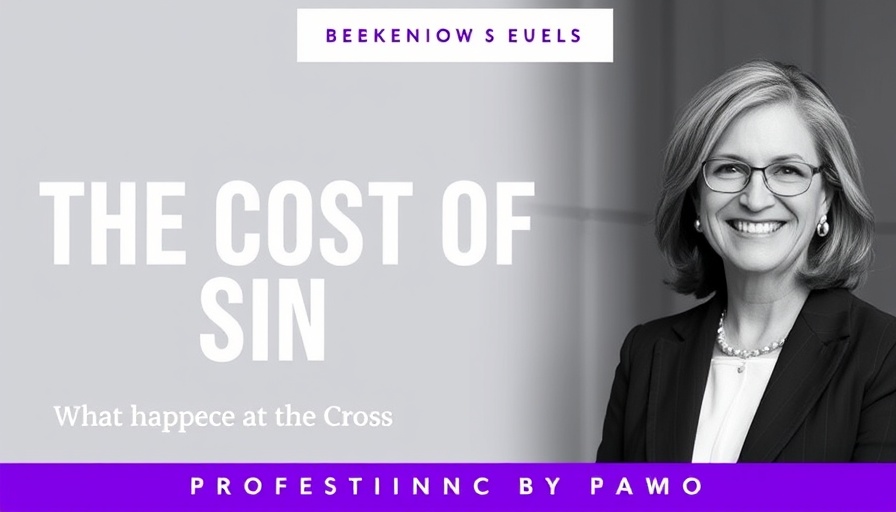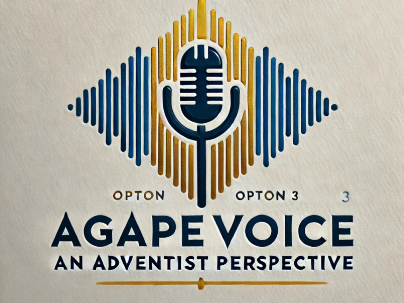
Denmark’s Adventist Union Takes a Historic Stand for LGBTQ+ Rights
In a groundbreaking move that resonates within both church communities and broader society, the Union of Danish Adventists has made an official declaration supporting the LGBTQ+ community. This declaration signifies a pivotal shift in how religious organizations engage with contemporary social issues, particularly regarding inclusivity and acceptance of diverse sexual orientations.
A Shift in Religious Dynamics: Why This Matters
As religious communities continue to grapple with modern values, the Adventist Church in Denmark has positioned itself at the forefront of the debate over LGBTQ+ rights within the church. Historically, many denominations have maintained traditional views regarding sexuality, often leading to divisiveness and exclusion. But this recent declaration reflects a growing acknowledgment within faith circles that love, acceptance, and inclusivity are fundamental tenets of Christian teaching.
The Impact of Acceptance: A Social Perspective
For members of the LGBTQ+ community, the support from the Adventist Union in Denmark cannot be overstated. It offers a sense of belonging and validation in a world where many might face rejection from their faith communities. This declaration is not merely symbolic; it can have profound implications for individuals who wish to reconcile their faith with their identity. It encourages a culture of acceptance and emphasizes that spirituality and sexual orientation are not mutually exclusive.
Global Context: A Look Beyond Denmark
The decision by the Danish Adventist Union mirrors similar movements in various parts of the world, where religious organizations are wrestling with the need to evolve. While some churches staunchly refuse to acknowledge LGBTQ+ rights, others are paving the way for inclusivity. For instance, denominations in North America and parts of Europe, like the United Church of Christ and some Anglican churches, have also embraced LGBTQ+ members and clergy, advocating for progression within their communities.
Counterside Perspectives: The Challenge Ahead
Despite this positive step, not all feedback surrounding the union’s announcement has been supportive. Some traditionalists within the Adventist community express concerns that such acceptance could compromise foundational biblical teachings. This underscores the ongoing tension between progressive interpretations of scripture and traditionalist views, which remains a critical conversation within the Adventist Church globally. It’s important to consider these perspectives seriously, as they highlight the diverse views that exist within theological discussions on sexuality.
Future Predictions and Implications for the Church
As the conversation around LGBTQ+ rights continues to evolve, the Adventist Union’s supportive stance may set a precedent that influences other branches of faith. If more religious organizations adopt similar declarations, we could see a significant shift towards inclusive practices within not just Adventism but also other denominations. This could invite a broader discussion about the interpretation of scripture in light of contemporary moral and ethical concerns, paving the way for a more inclusive language around faith and identity.
Embracing All: The Core Message
The core message of the Danish Adventist Union's declaration is one of love and acceptance, which is an essential aspect of Christian faith. This message has the potential to heal rifts within communities and provide hope to individuals who have long felt marginalized within their churches. Love and compassion are paramount, and they serve as the foundation for fostering understanding among all members, regardless of their sexual orientation.
Conclusion: A Call for Unity and Progress
The Union of Danish Adventists stands as a beacon of hope for many, exemplifying what it means to practice faith in a manner that embraces all. As members of the Adventist faith community, it is vital to reflect on what this declaration means for our collective future. Embracing diversity while fostering unity is essential in achieving a more inclusive community. Encouraging dialogue and understanding can help to bridge divides, ultimately allowing individuals to embrace their faith and their identity fully.
Now is the time for members of the Adventist community to come together, engage with these discussions, and advocate for an environment that celebrates love and acceptance.
 Add Row
Add Row  Add
Add 




 Add Row
Add Row  Add
Add 


Write A Comment